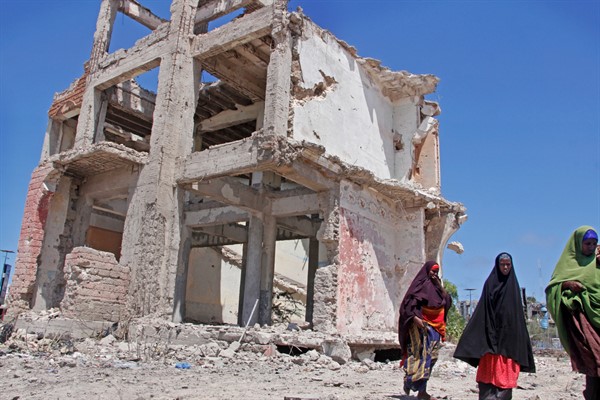Editor’s Note: Guest columnist Colin P. Clarke is filling in for Candace Rondeaux this week.
Rumors began swirling last fall that al-Qaida chieftain Ayman al-Zawahiri had died of natural causes. With no confirmation, counterterrorism analysts and long-time al-Qaida watchers weighed in with various assessments of what it would mean for the terrorist organization if it had indeed lost its leader. Just last week, al-Qaida’s official media arm, al-Sahab, released a video perhaps intended to quell reports of Zawahiri’s demise, with audio clips of Zawahiri addressing the plight of Rohingya Muslims in Myanmar. But because those messages failed to reference any specifically current events—his vague comments about Rohingya Muslims could apply to events in Myanmar over the past several years—it fueled further speculation that the septuagenarian terrorist leader was in fact dead.
If Zawahiri is dead, it would be yet another blow to al-Qaida’s dwindling senior leadership, which has steadily diminished over the course of the past several years. Zawahiri’s death would also likely elevate veteran jihadist Saif al-Adel, an Egyptian national who was indicted by the U.S. for his role in the 1998 U.S. Embassy bombing in Kenya, to the role of al-Qaida’s emir. But Adel’s continued presence in Iran, where he has been based since roughly 2002 or 2003, poses obvious limitations, since al-Qaida and the Islamic Republic have a relationship that can most accurately be described as antagonistic, even as there have been clear instances of cooperation. Moreover, after it was revealed that al-Qaida’s former presumed leader in waiting, Abu Muhammad al-Masri, was assassinated in Tehran by Israeli operatives in August 2019, it does not exactly reinforce confidence that should Adel take the helm, he would be able to maintain proper operational security while living in Iran.

